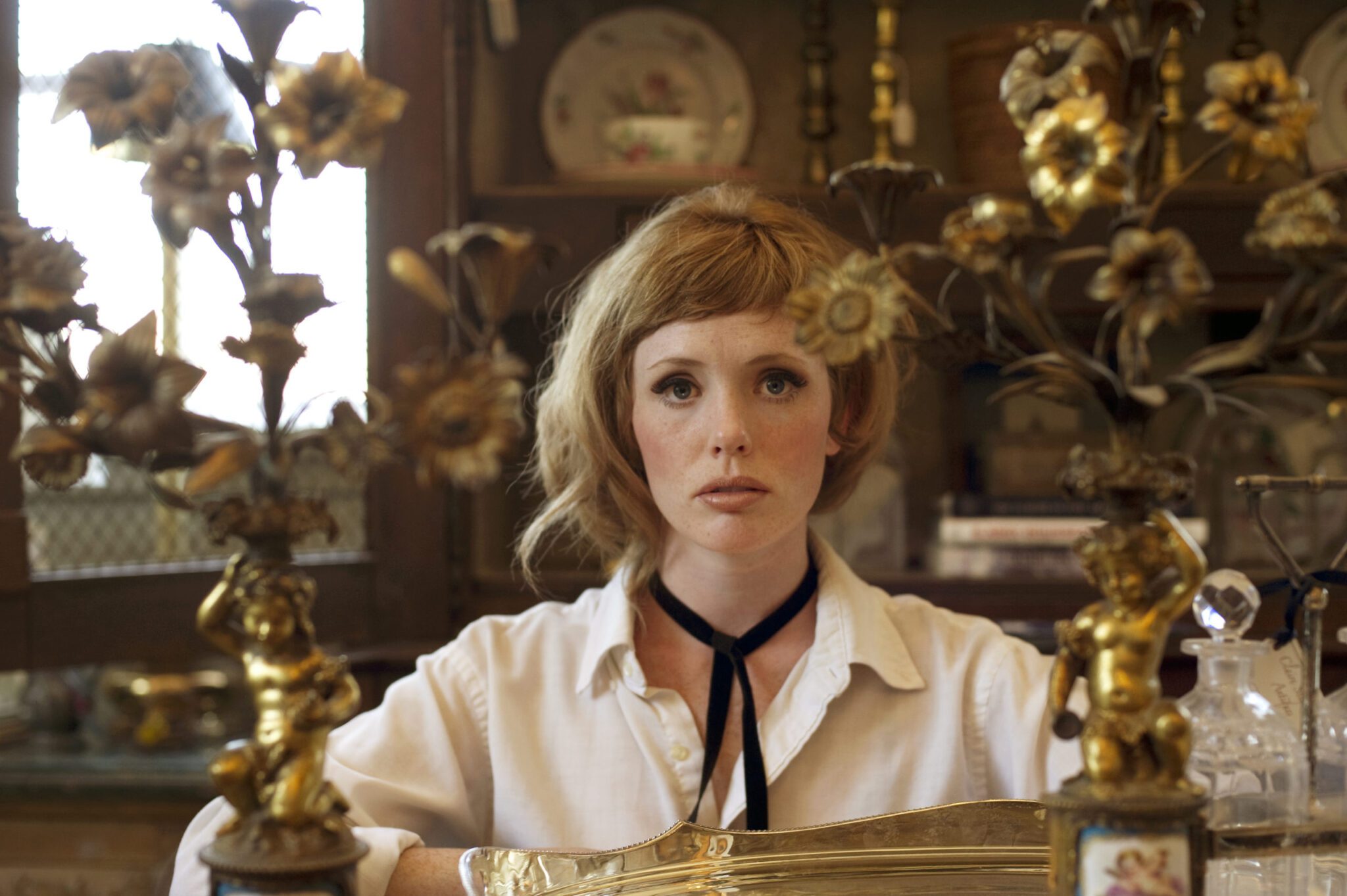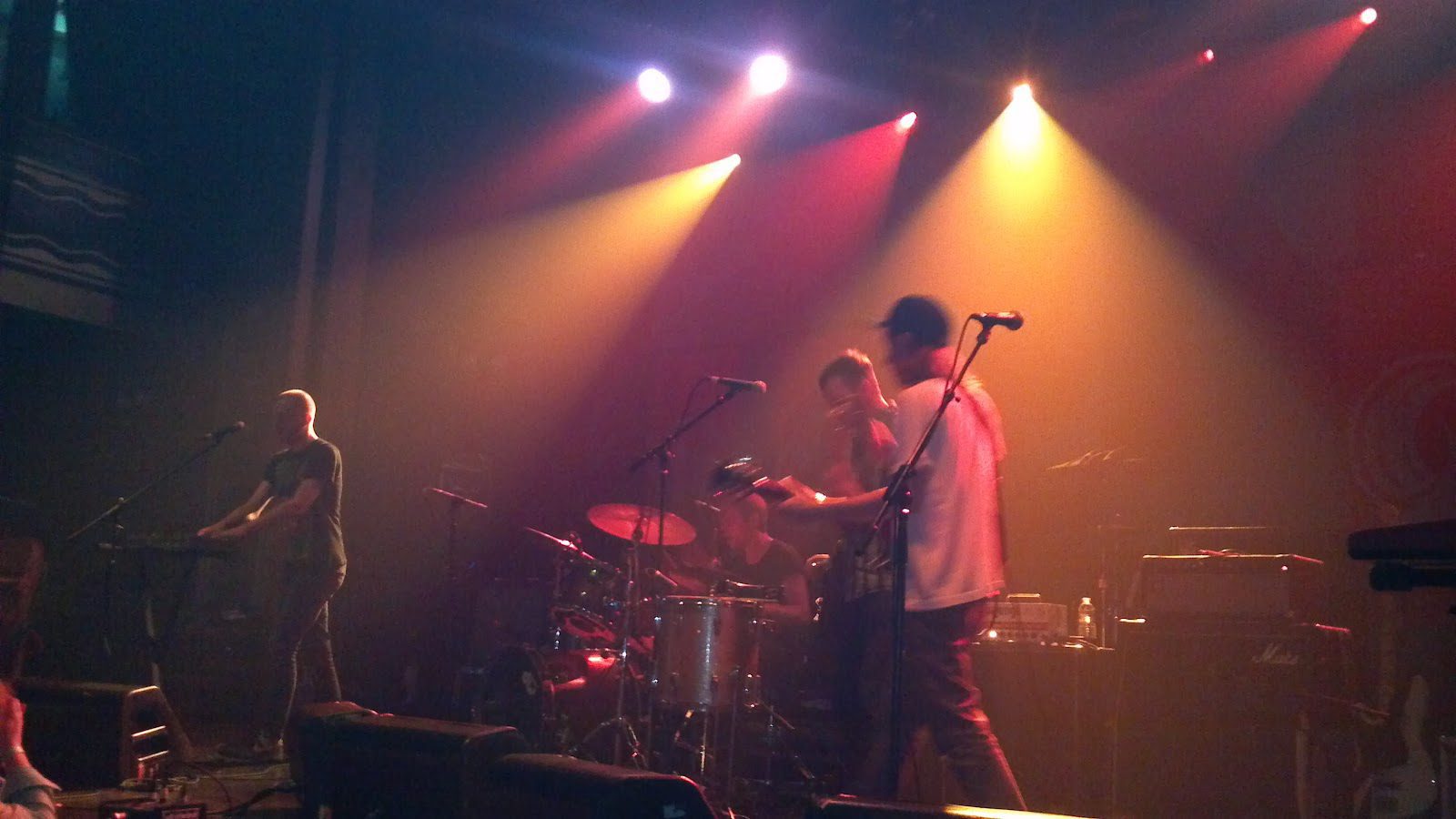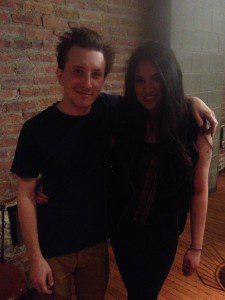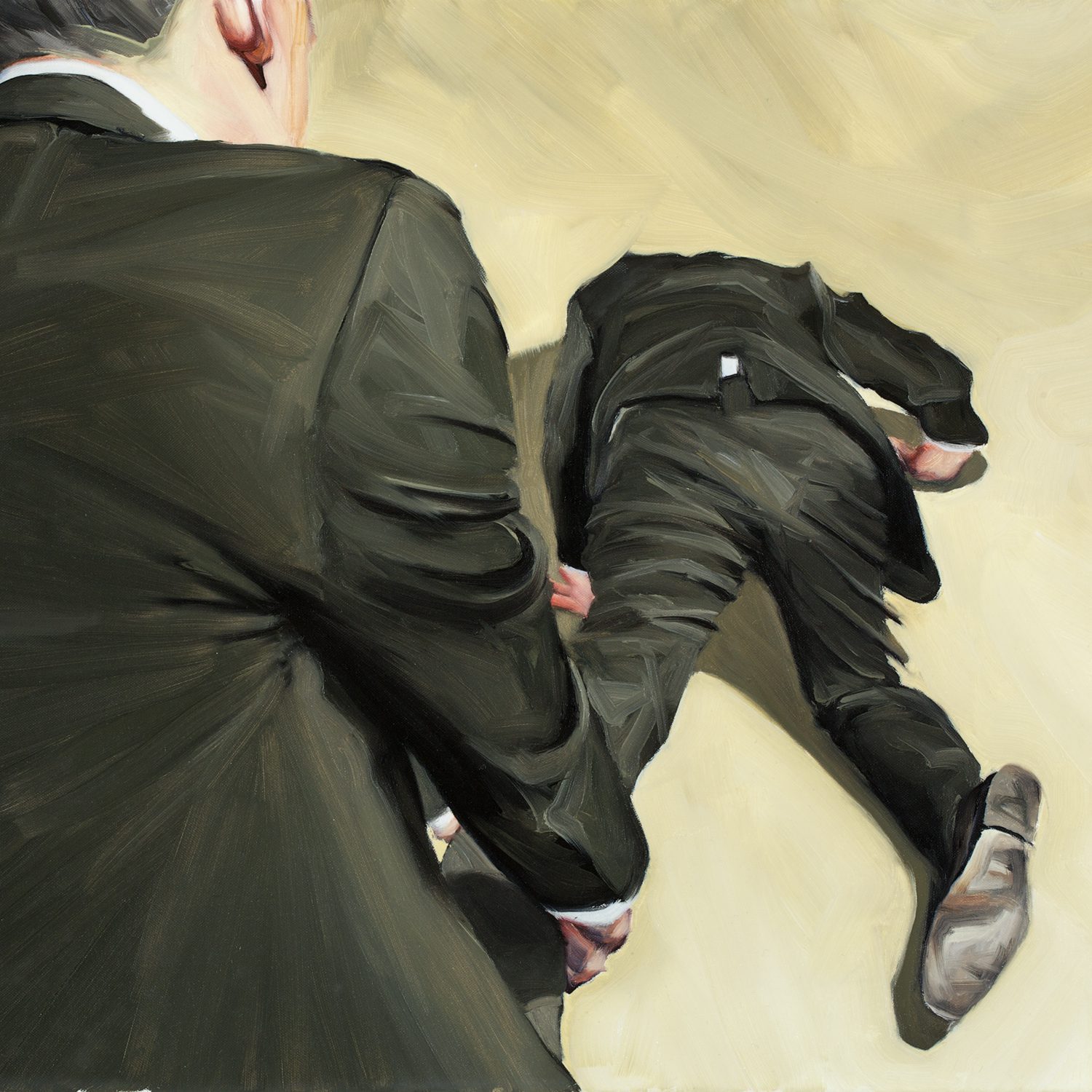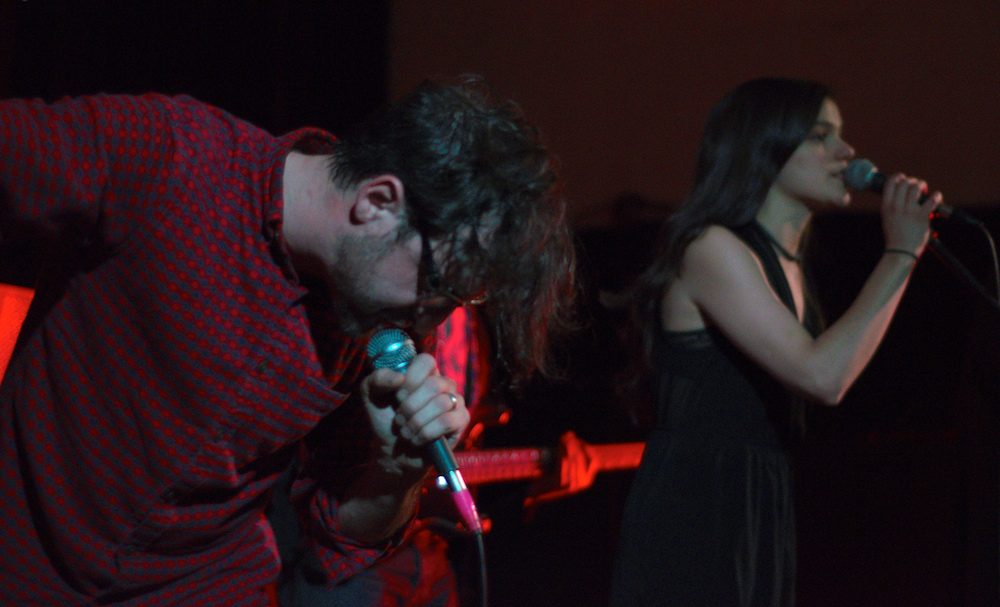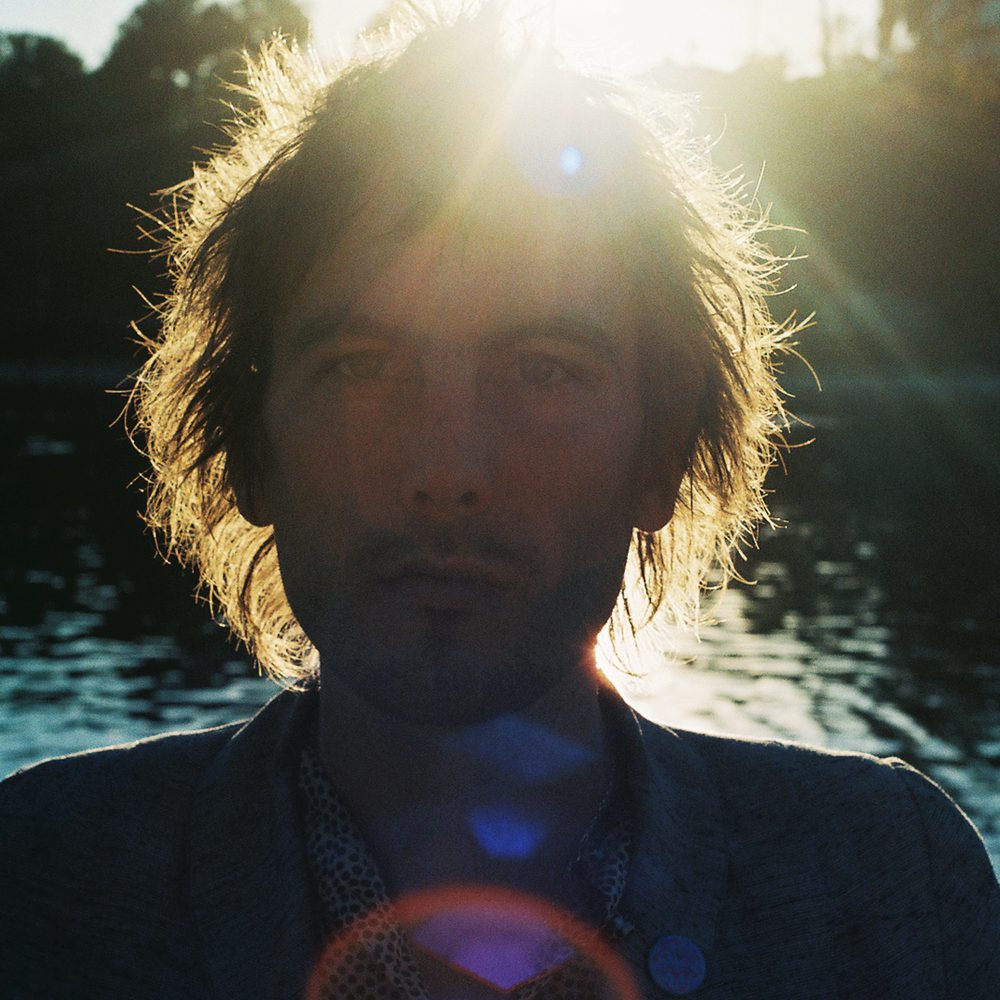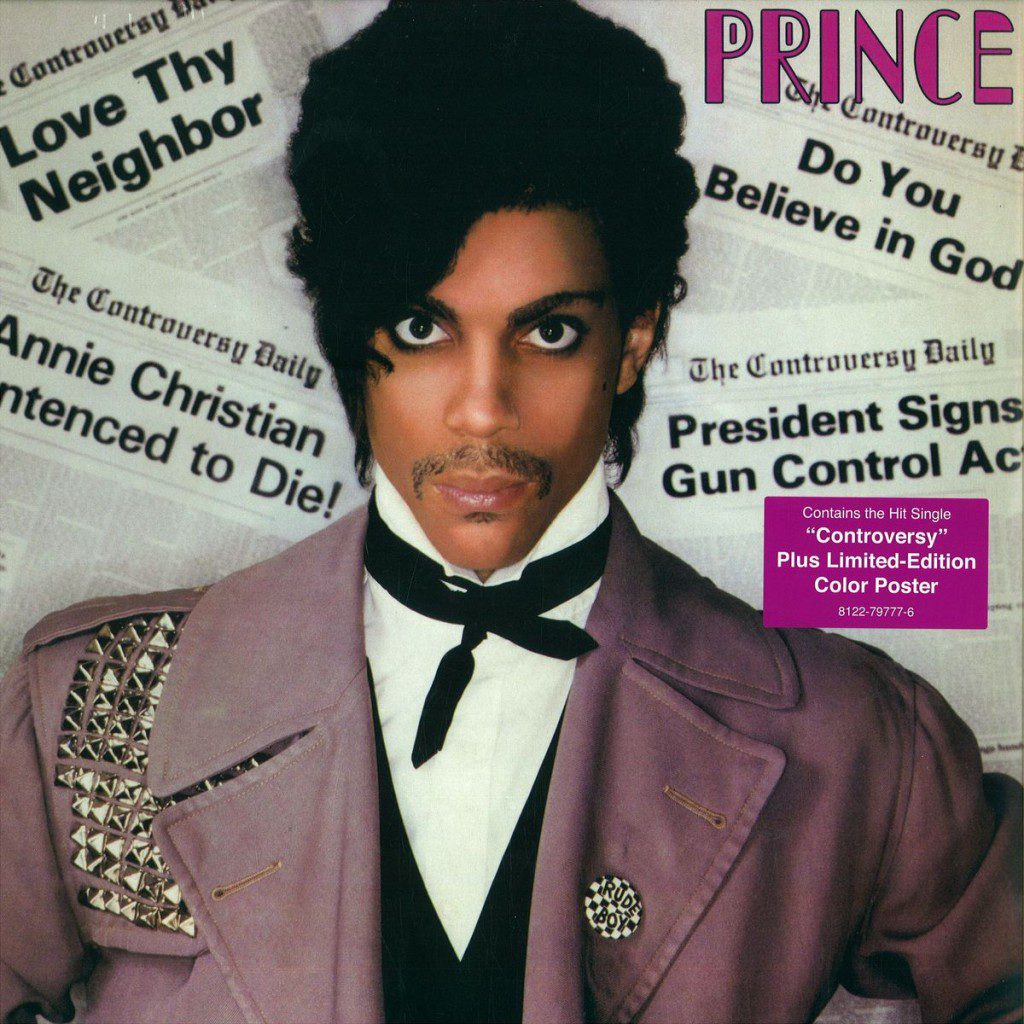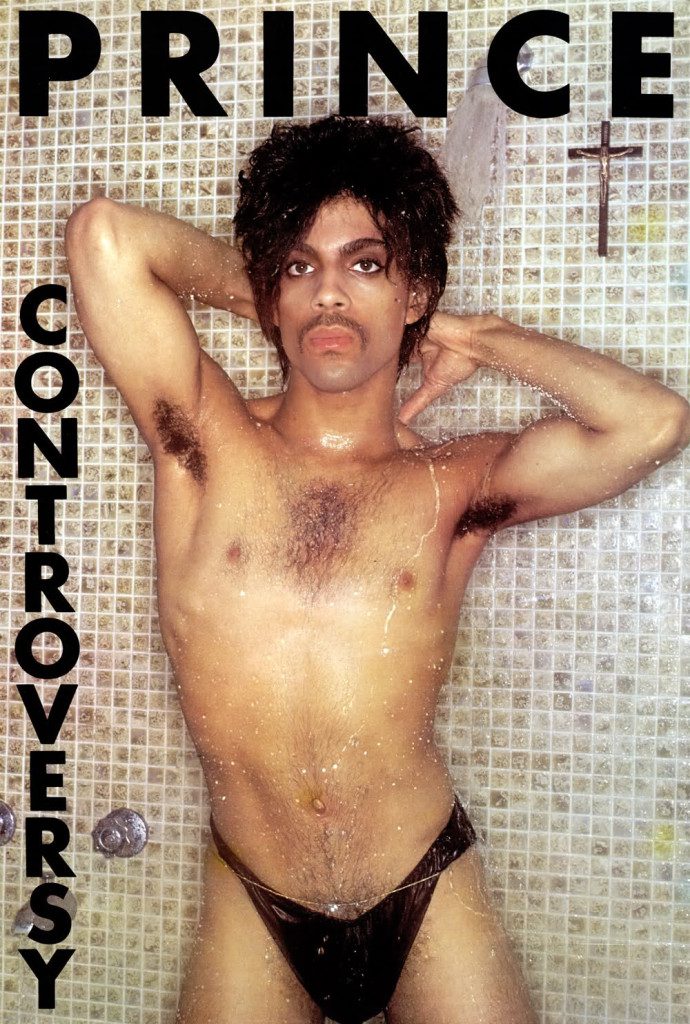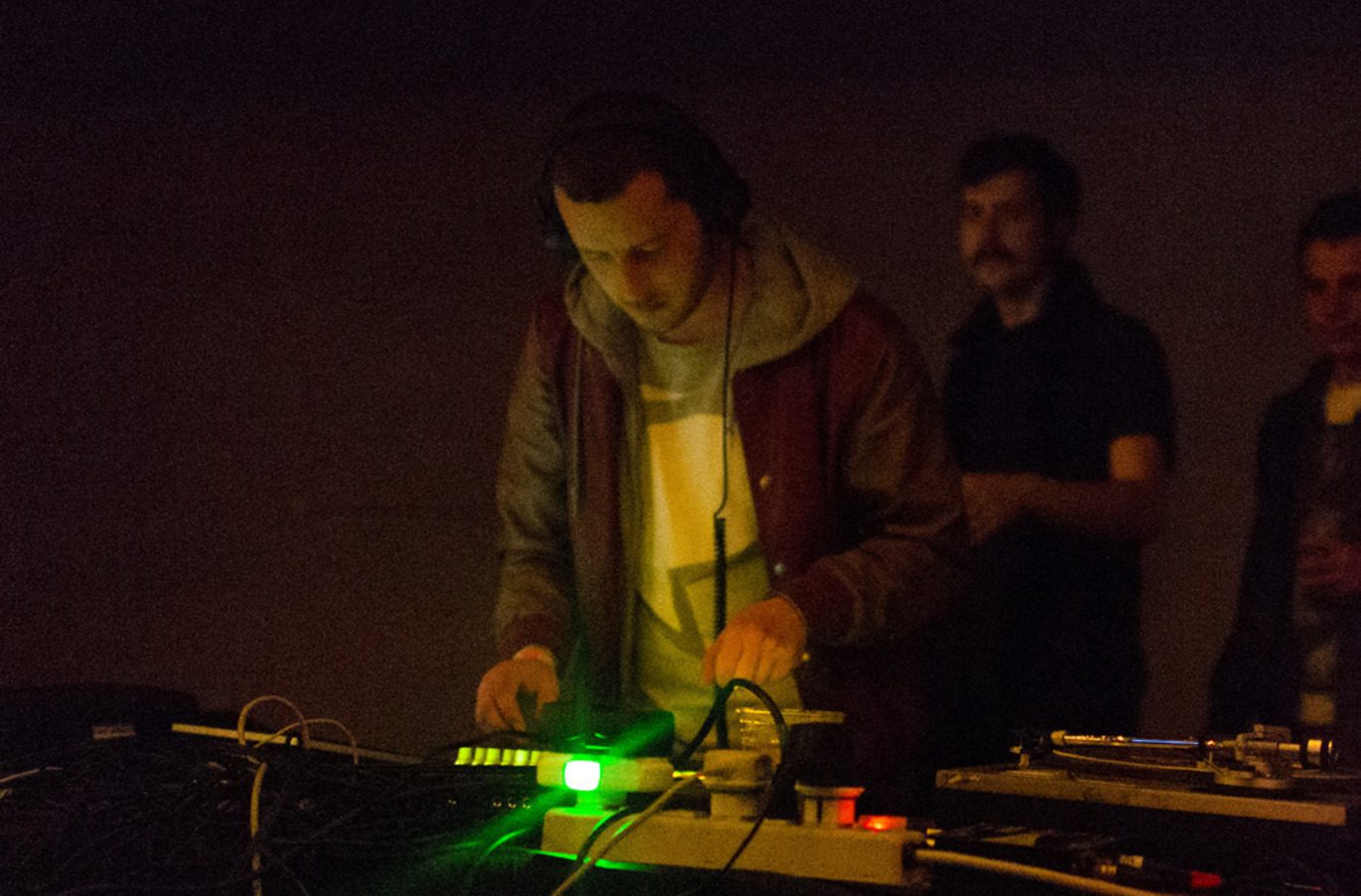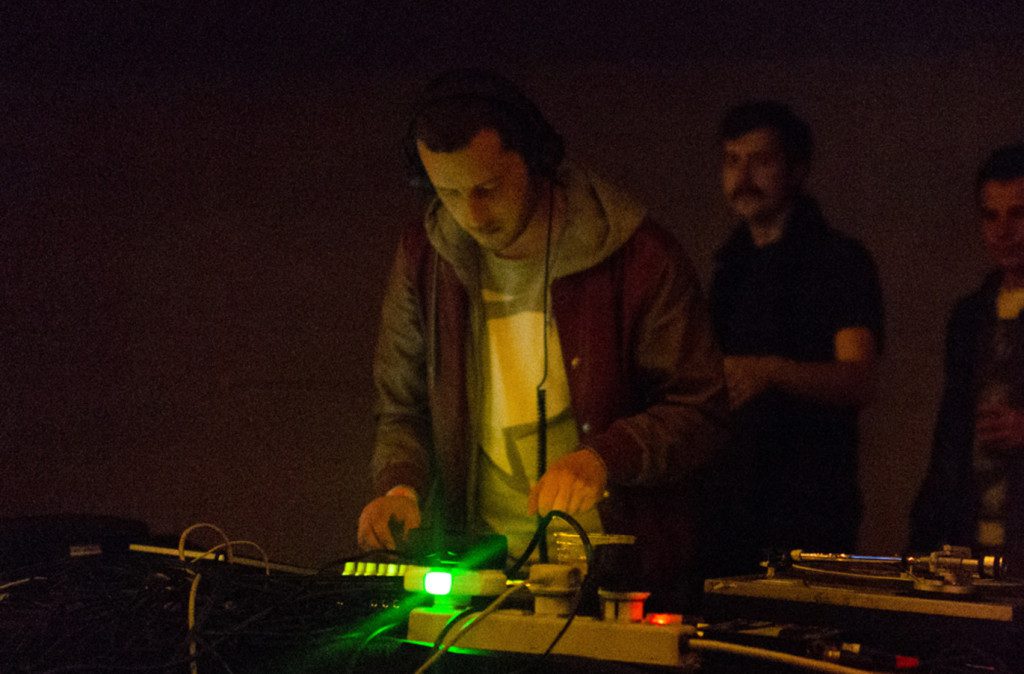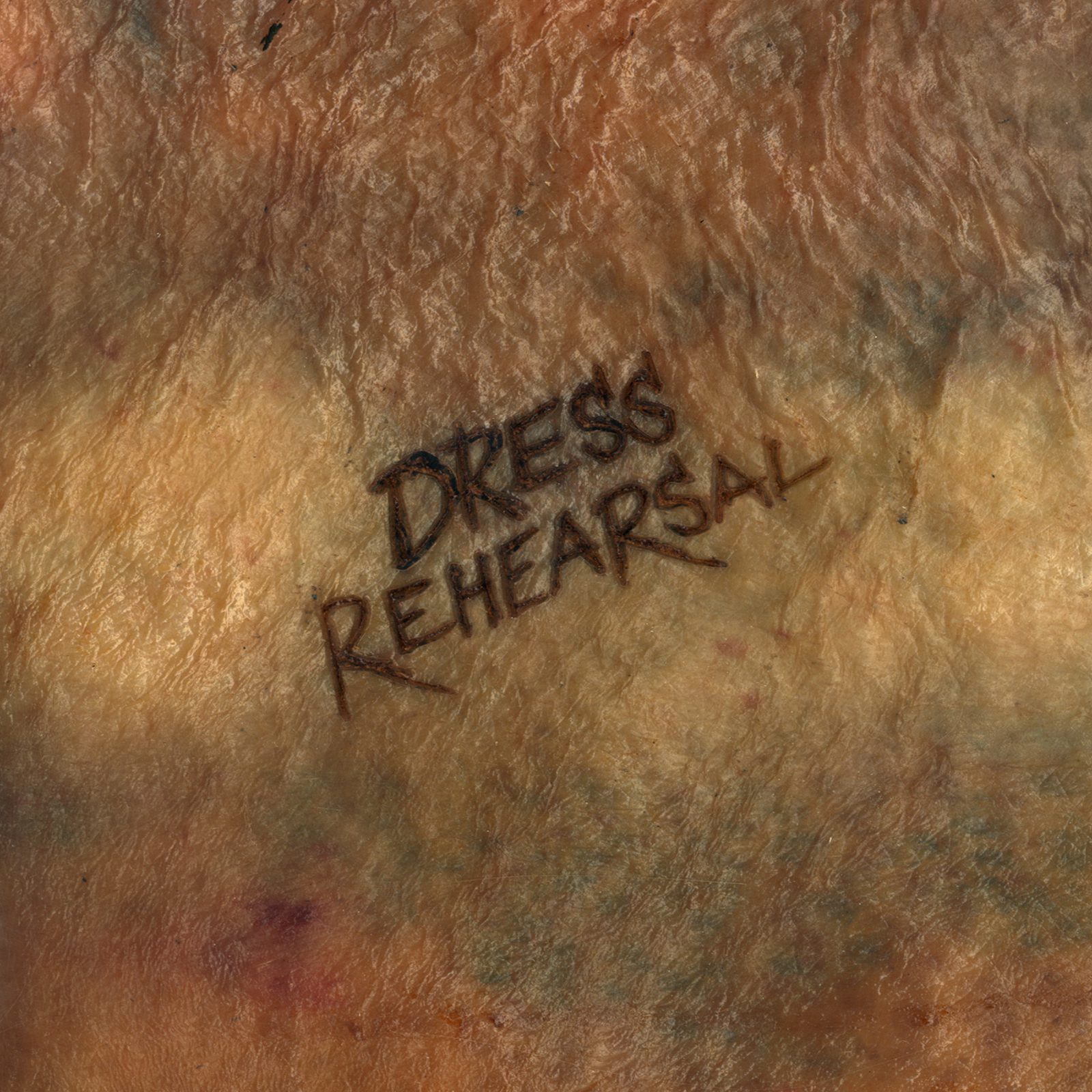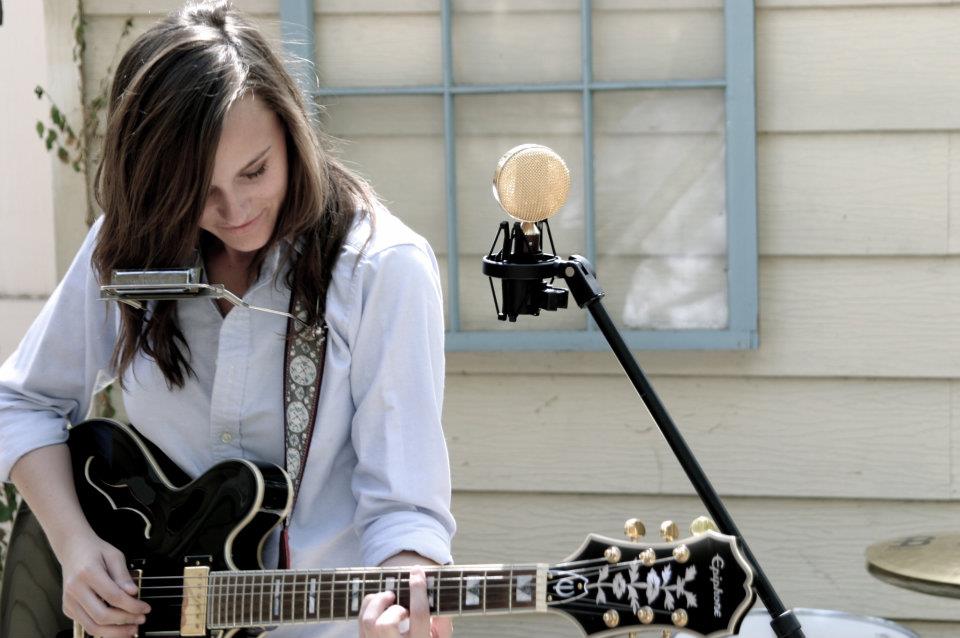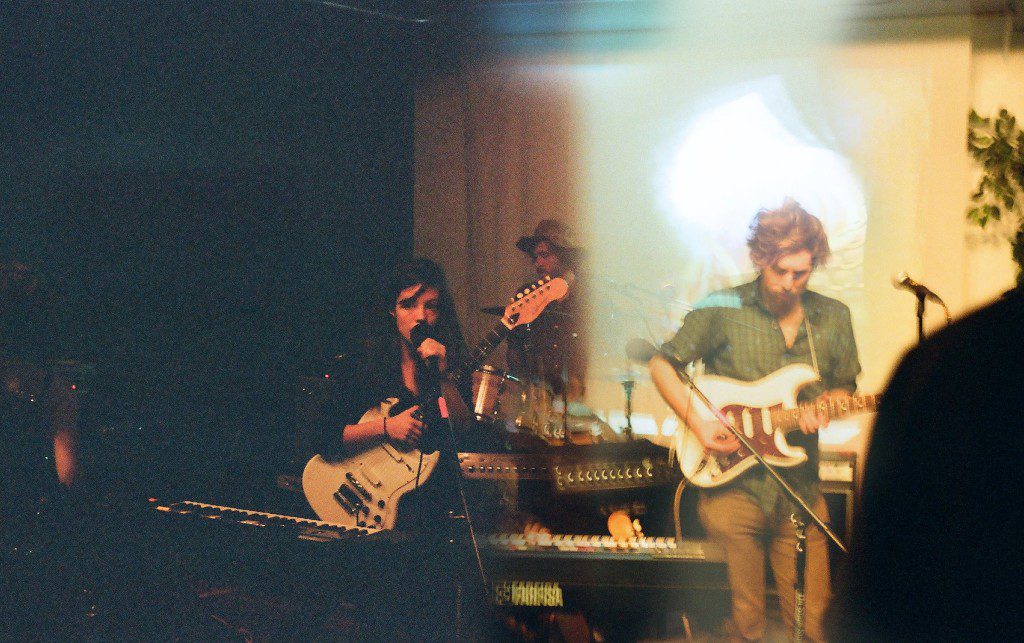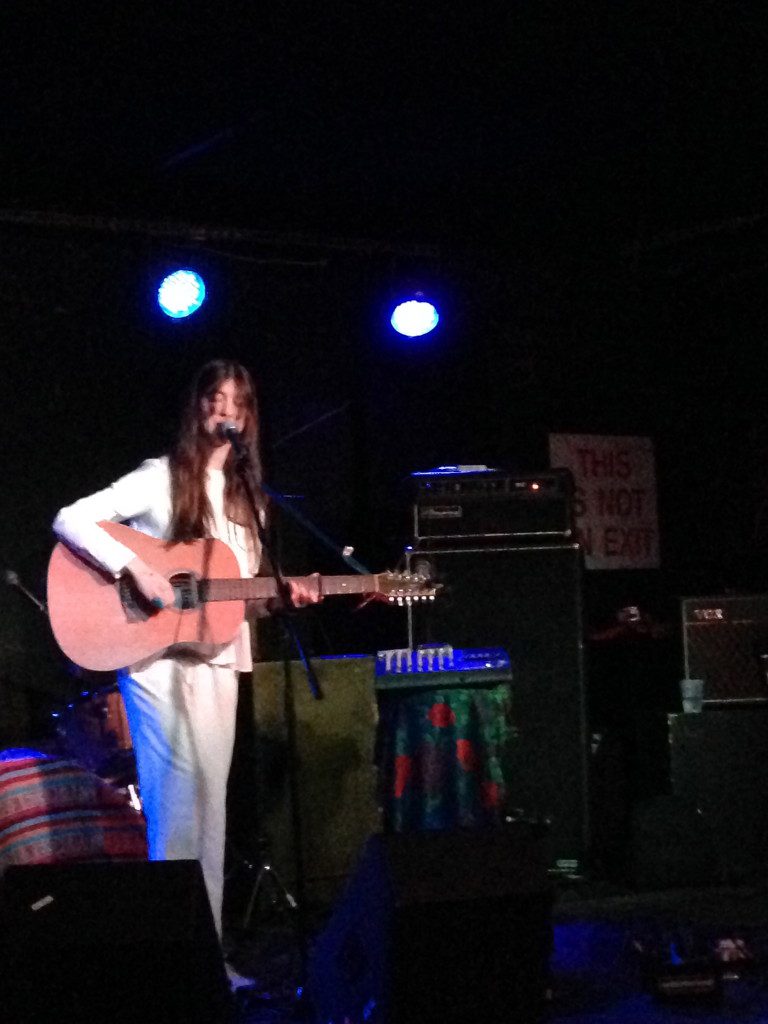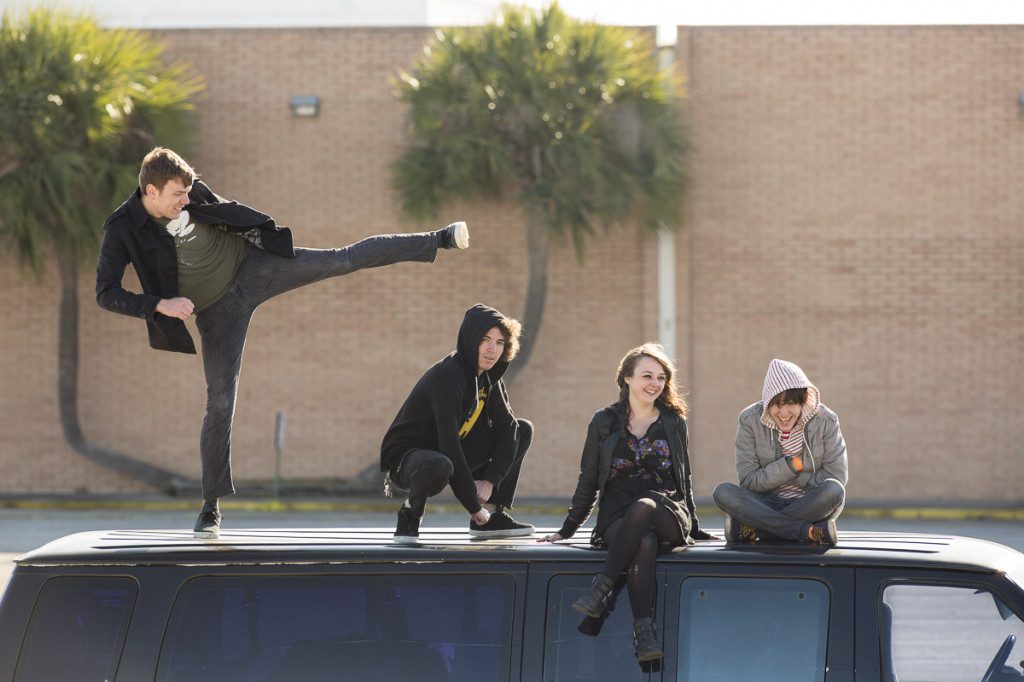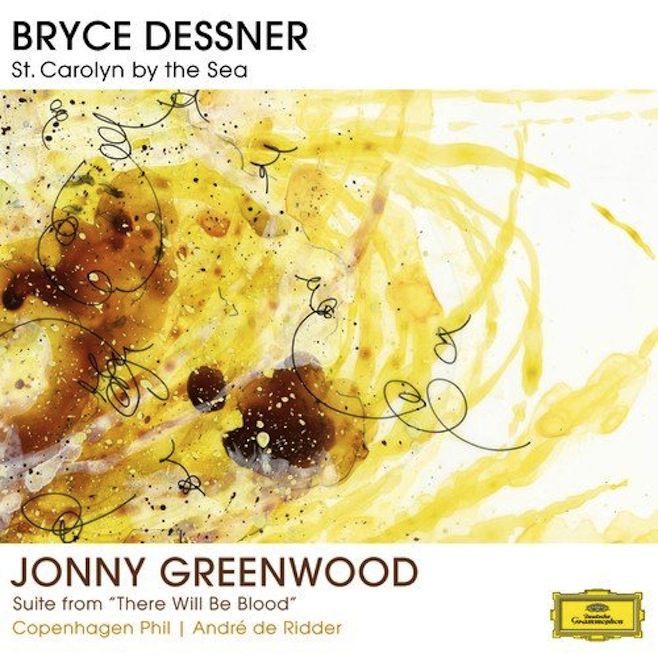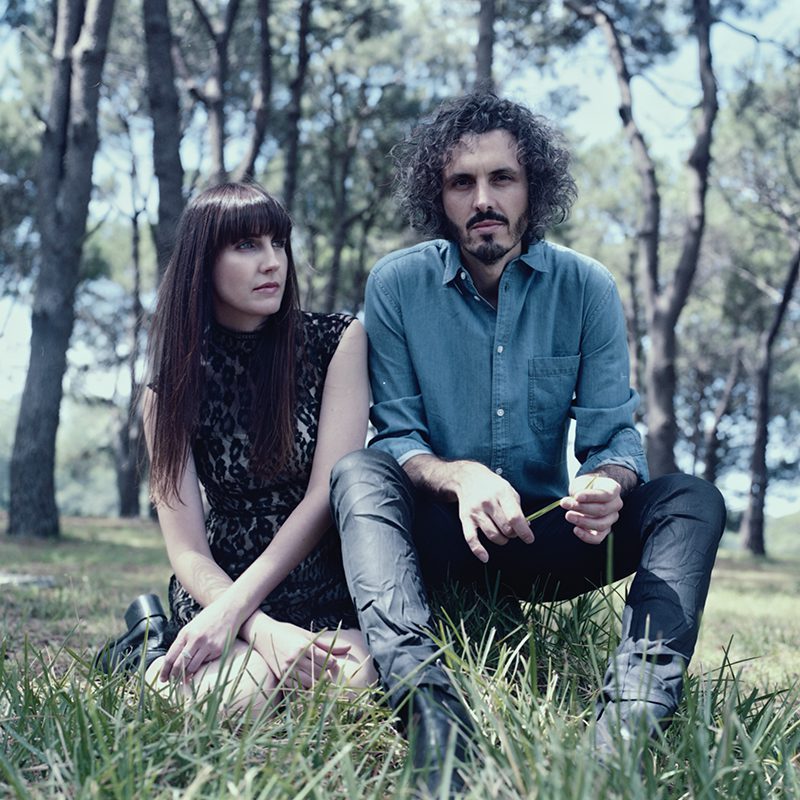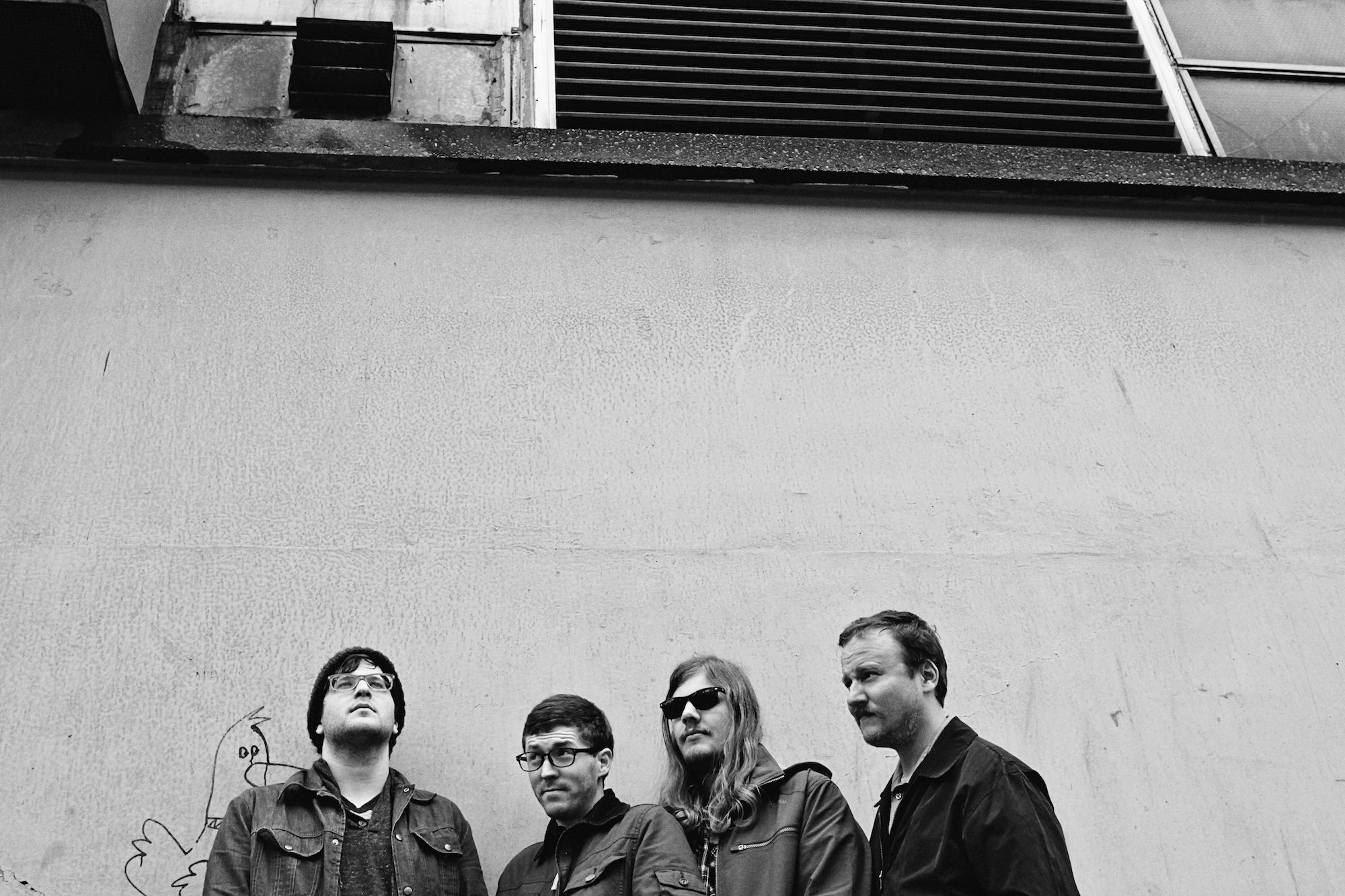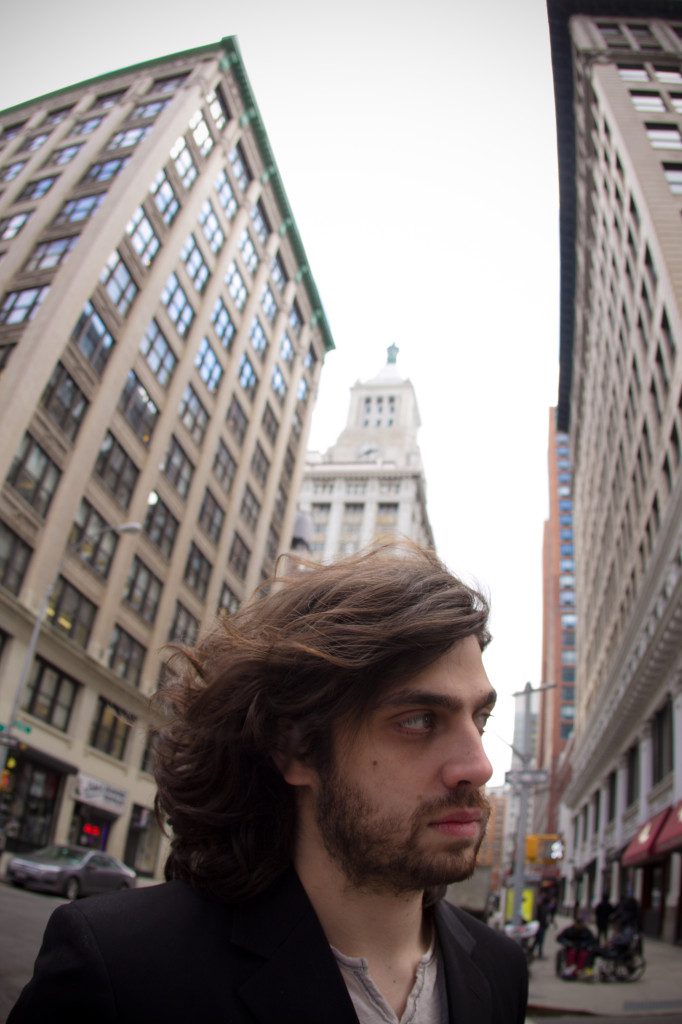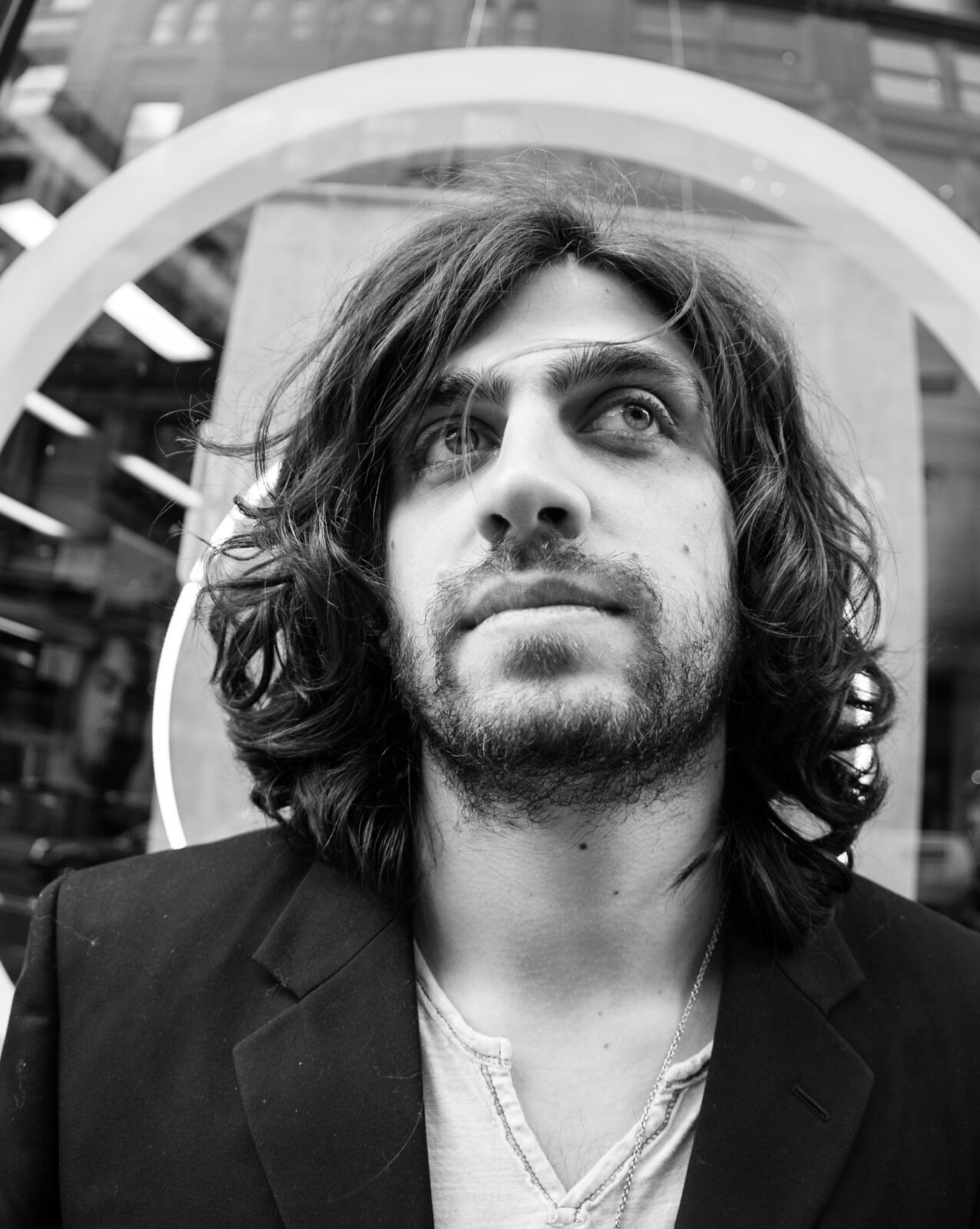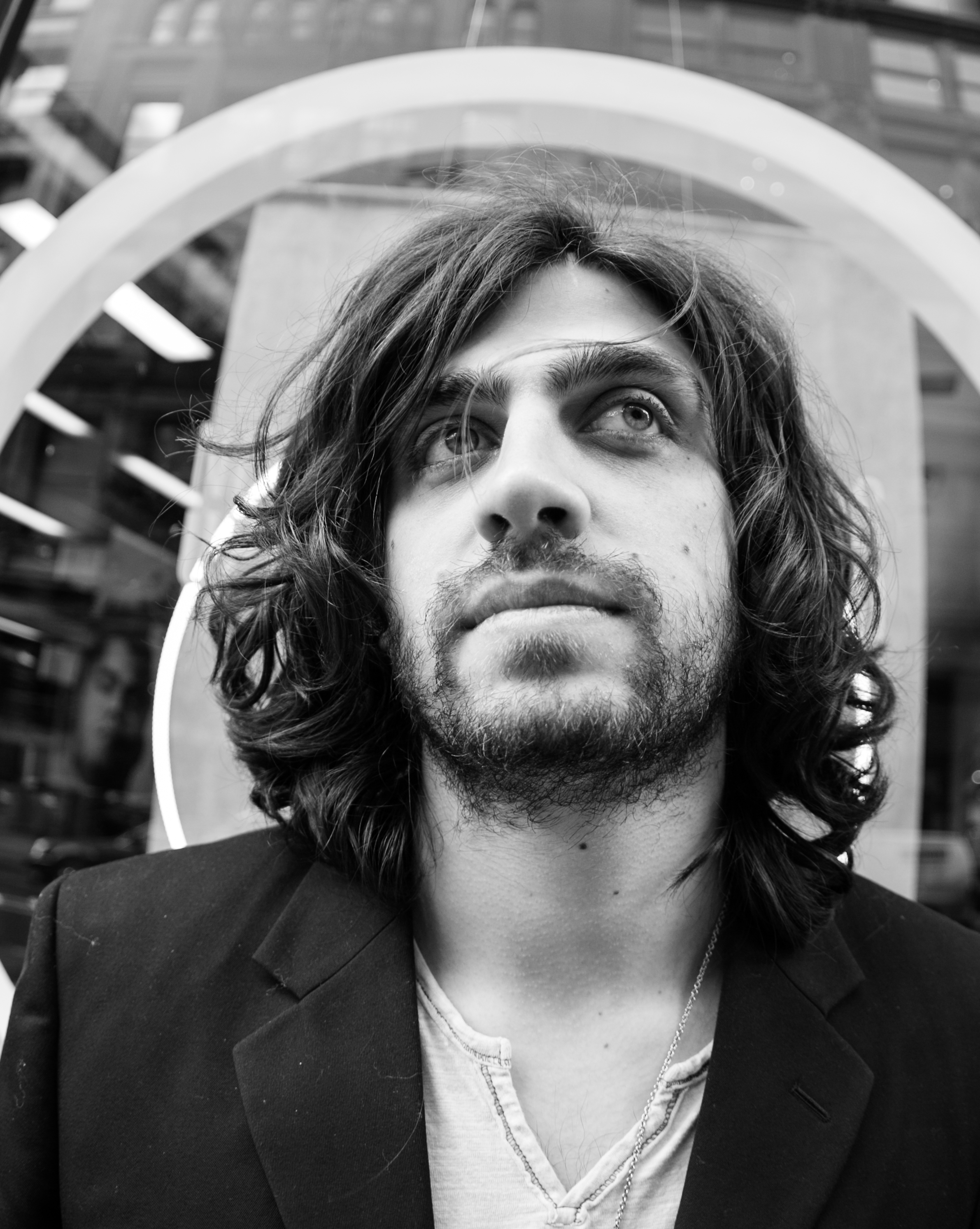

Hi all you babes of the interwebs. Festival season is upon us! Tho’ the weather here in NYC isn’t inspiring any vernal urges–like the desire to go running naked in the streets, for example, fret you not: a whole crop of amazing new bands are springing up like chicks out of eggs and we’re delivering them to you personally, live in the flesh just like jesus himself when he rose up from the grave (hopefully these guys taste better than the awful communion wafers they force you to eat in church, however). If you can’t make it to Austin for one of our SXSW showcases, DON’T WORRY WE HAVE ONE HAPPENING IN NYC THIS WEEK!! All the details can be found here. In the meantime, peruse our artist profiles below, to get up close and personal with the talent we booked. Or just come meet them face to face and buy them shots of whiskey for traveling all the way from places like Montreal, just to play for you. Yeah that’s right, you’re welcome.
Hope to see your beautiful faces this Wednesday!
Yours,
Audiofemme
ADULT DUDE:
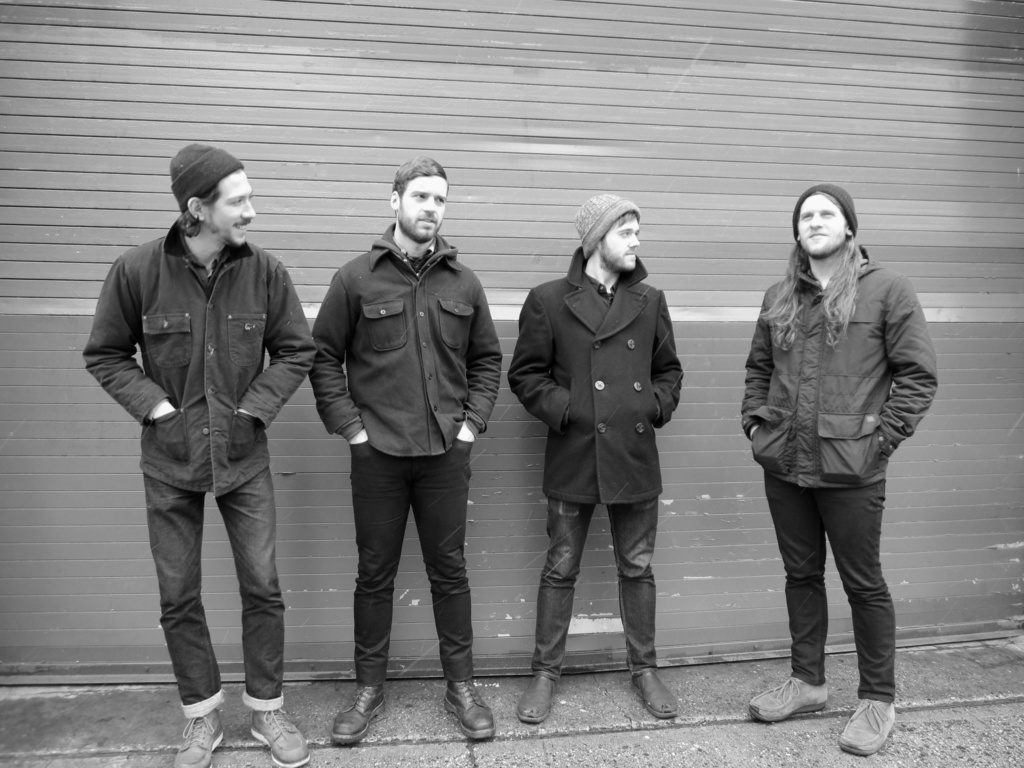
Adult Dude is a self-defined “rock” band from Brooklyn. Their music combines pop, punk, and alternative elements into short, catchy tunes. They released their EP in July of 2013.
AF: How do you think people respond to the 90s pop punk sound nowadays?
AD: People like what people like. We have had a hard time defining “our” sound, but we like that fact that people from lots of different musical backgrounds seem to be into it, whatever it is.
AF: What are some of your favorite venus in new york?
AD: Probably our favorite NYC venue is the Gutter in Brooklyn. Great room, great sound, great people… it’s also about 10 feet away from our practice space. Johnny Molina is the man.
AF: How did you four meet?
AD: Grindr.
AF: Are people generally disappointed or intrigued by the length of your songs?
AD: We sort of just decide to end songs when we think they’re done. It just happens that the first batch were pretty short. People haven’t seemed too phased by it, but it’s cool we were able to fit 4 complete thoughts on a 7 inch record.
AF: Speaking of length, how long do your shows last with such short songs?
AD: Our set at our first show was probably 5 songs, 12 minutes. These days we’re playing a lot of newer stuff which is longer, so we can fill up a solid 25 now… no band should ever play more than 30 minutes in our opinion.
AF: Is coors light the epitome of an “adult dude”?
AD: It’s harmless, watered down, and shitty. So yes.
AF: What’s your favorite beer?
AD: Whatever the drink tickets will get us.
AF: How do you guys write the music and lyrics/what’s your songwriting process?
AD: Generally someone will bring in an idea and we’ll all work on it as a band. From there we just keep working on it til we think it’s done, or we throw it away because it sucks.
AF: One of my favorite lines of yours is “Sneakin into heaven through some holes”, from “Change” – how did you come up with that?
Manny: I don’t even remember writing that line to be honest!
Watch Adult Dude at Radio Bushwick below:
CTZNSHP:
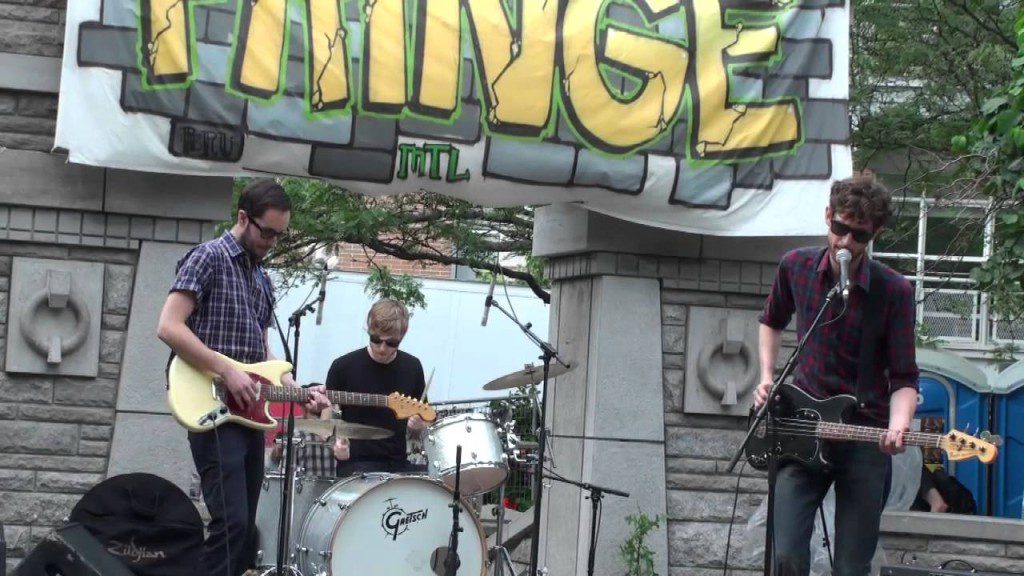
CTZNSHP is a Montreal fuzz rock – something between shoe gaze, indie, and post punk – group. They’ve played in numerous festivals with big names like Beach Fossils and A Place To Bury Strnagers. They just recorded their debut album Doom Love.
AF: How do you like performing in Festivals like M For Montreal? Is it better than individual shows? Worse?
C: I think it really depends on the night. We have had great festival shows and not so great ones. Same goes for Individual shows. You never really know until you get up on stage how it’s going to go down, what the sounds going to be like or the vibe of the audience, so we try to treat them all the same and not let any of that stuff effect us too much.
Festivals can be kind of a crazy experience. There’s no sound check, you’re using strange gear, there are a ton of bands on each bill, you might not be playing until 3am. They are really fun and exhausting for the same reasons.
AF: Why do you think we’re seeing a rise in the popularity of shoegaze in the past few years?
C: I would guess that since shoegaze fell out of fashion during the late 90’s enough time has passed for it to sound fresh again. Now there is a whole new crop of kids who are discovering bands like My Bloody Valentine, Jesus and Mary Chain or Galaxy 500 for the first time.
AF: I’ve heard you described as “gloomy”, but that doesn’t seem appropriate.. Would you consider yourselves melancholy, considering your pop influence?
C: Ha! I wouldn’t say gloomy although I like that someone did. There is definitely a sense of sadness to our songs and melodies. I like to explore the darker parts of life and relationships because I find them more interesting but there is also a real sense of humor. At least in the lyrics. I think some of them are pretty funny in a dark kind of way. If you are gonna make big loud songs that lean towards anthemic then you have to keep a sense of humor. It’s music for people who are really trying, but just keep fucking up.
AF: Who are some of your favorite emerging bands?
C: We have been in love with Future Islands for the last few years. So far what I have heard off of their new record is awesome as always. We all loved the last SUUNS record too. They are ferocious live.
AF: Who were some of your favorite artists to play with?
C: Opening for the National was a thrill. They were such nice people. We got to play with a Canadian singer named Hayden who Scott and I grew up listening to, so that was a big deal for us as well. We played with A Place To Bury Strangers a while back and I was really sick and had lost my voice. I drank about a bottle of Buckley’s cough syrup before the show and then some whisky on stage. By the time APTBS started playing my head was really swimming and their smoke machines were so intense that it set the fire alarms off and I thought the stage was on fire. I couldn’t move because of the medication.All the while they played some of the loudest most intense guitar rock I have ever seen. I felt like I had stepped into the Black Lodge. It was kind of terrifying.
AF: What’s interesting about “haze” or “fuzz” in music? Do you think it encourages sensation or evocation? Visuals? A sense of dreaminess or calmness?
C: I like the dreaminess of it. It’s kind of like the musical equivalent of impressionist painting. It’s not providing a lot of answers but it is asking a lot of questions. It allows for a lot of interpretation on the listeners behalf kind of like sonic Rorschach tests. It’s fun fitting pop songs and lyrics into that world.
AF: If you could experience your music through one of your other senses besides sound, which would it be? And what would it look/taste/smell or feel like?
C: Taste?
I would hope that it would have a Tex Mex kind vibe.
Here’s CTZNSHP with “Swan Dive”:
BFA:
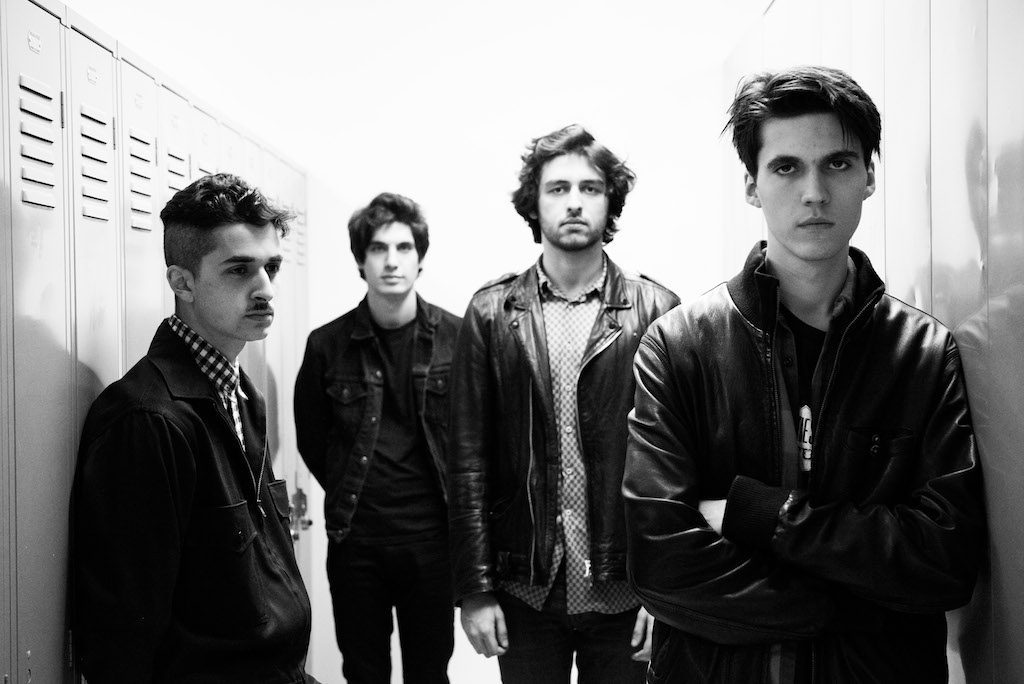
BFA (Bachelors of Fine Art) is an indie rock band out of New York City. Although much of their sound can be traced back to post punk and new wave bands of the ’70s and ’80s, their pop sensibility reflects that of a group of kids raised on the likes of Pavement, and then later bands like The Strokes and LCD Soundsystem. Shimmering, jangling guitars mesh with soaring synths and gripping vocals, all anchored around an explosive rhythm section that blasts through the crowd of Brooklyn chill wave acts and commands your attention. Audiofemme interviewed Sam, the synth player, and Darius, the guitarist.
AF: How did you guys meet and what prompted you to form BFA?
Sam- We all lived in the same dorm freshman year of college. We all lived on different floors. Charlie, Will and myself were in the same music program at NYU. We met Darius through a mutual friend, and began working on a song in my room that Will had written earlier that year called ‘Josie’s.’ I had a very rudimentary recording set-up, but the song excited us enough to make us want to start a band.
Darius- That summer, Will messaged me and told me about an idea for a band and then a few months later, we started putting stuff together.
AF: What’s the number one thing you’d like to do or accomplish this year?
Sam- We have an EP in the pipes. It’s our first and we are pretty excited. We’ve released one or two demos online but now it’s the real thing. We’ve been working very hard on it and it’s exciting to think about where things could go once it’s out there. In a way, it’s our first major step. How it’s received determines the rest of our year. We plan on performing all over the place.
AF: What’s been your best moment as a band thus far?
Darius – Playing in Connecticut a few weeks ago. It was our first time playing out of the city and it was really enough to whet our appetite. It’s the kind of thing that makes the experience of being in a band, writing songs, practicing, etc. more visceral. It all comes together in that moment and that first glimpse made us all want more.
Sam – The music becomes your baggage that you are carrying from place to place. You unpack the songs for a crowd, and then the next day, pack up what you have and drive home.
AF: What are you guys currently up to? Can we expect new releases anytime soon?
Darius – Our EP is coming out really soon and is almost done. Along with that, you can expect a few music videos. The next step is always on our mind.
Sam – It’s difficult because at this juncture it’s important that we put all of our energy into the present but we can’t completely forget that there is going to be a tentative future release that’s begging for new songs.
AF: If you had to pick a really cheesy song to cover, what would it be?
Darius – I don’t know if it’s cheesy but either “Girls & Boys” or “London Loves” off of the album “Parklife” by Blur. Also, I have a soft spot for Oasis (I’m the only one in the band and everyone else will disagree with me) and would love to cover “Cigarettes and Alcohol” off of “Definitely Maybe” by them.
AF: If you could experience your music through any one of your other senses, which would it be? What would it taste/smell/feel or look like?
Sam- I was reading somewhere about a chef that made a ten course meal to Kid-A. I loved the idea. I’m not sure how our music would taste, but I’d love to know. I’m starting to wonder what sort of dish ‘A Night at the Opera’ by Queen would inspire.
Darius – We’re all big food people. It would have be taste for me as well. I don’t know how that would pan out, but I’d give it a shot.
Listen to their debut single, “Skytanic” and check out upcoming shows to say you were there from the beginning:
LongArms is a New-Yorked based Dj/Producer from Miami. He’s worked with DJ B-Tips the past two years as the co-founder of Famous NYC and CROCMODE, a series of DJ session parties held across the city, from the Lower East Side to Bushwick. With influences like Boys Noize, Bloody Beetroots, Justice, and Daft Punk, LongArms hopes to take Electro Funk to the next level.
AF: What got you particularly interested in funk and electronic to begin with?
LongArms: I went through a wide variety of tastes before I recognized electronic music as my genre. I think rollerblading listening to 90’s techno at birthday parties has a lot to do with it subconsciously. Really though, when I heard Daft Punk’s ‘Around the World’ my mind was blown. I also went through a German techno phase, then electronic music progressed so much recently—but I feel like I’ve been producing this kind of music for so long now, if nothing more than a hobby at first. But it wasn’t all electronic at first. I was really into metal for a while, and bands like Finch and Senses Fail.
The artist that inspired me initially to get into electronic music was Ayla, a german techno producer. I also think videogame music has a lot to do with me producing electronic music initially at fourteen years old. I think Koji Kondo is a genius. Other than that I love Enya, Tchaikovsky, Justice, and System of a Down…so my influences span many genres. Still Funk transends pretty much everything.
AF: Which do you enjoy more—producing or DJing—and why?
L: I would definitely call myself a producer before a dj, but I do love to DJ as well. Producing might be my favourite thing to do in life. There’s nothing quite like creating your own universe of sound. Being a creator gives me unparalleled satisfaction. On the other hand having a connection with other people while playing original music is an incredible experience too. I craft my songs to be pleasing to my ear first, then to give a message. If someone isnt playing the music, then the message isn’t received. That being said I’m not necessarily the person who has to be Djing the music, though it is an incredible experience.
AF: It’s been a while since you released your Laundry EP…any plans for future releases?
L: People who know me say I’m insane for making so much music without releasing anything. Its been a little over a year since I released Laundry, and i’ve really just been making so much music that I have yet to release, really polishing everything. My EP “Following Me,” will have three tracks and come out on my birthday April 22nd. which also happens to be Earth Day. Lets just say I have a ton of music ready to go as soon as the right opportunities reveal themselves. I don’t plan on ever waiting so long between releases again though. I’m also in a collaboration called Vandalay which will be releasing dark deep house music. All good things.
AF: Anything currently influencing you/your music these days?
L: I’ve been taking days off producing electronic music to listen to Jazz or classical recently. I’ve been going back to baroque composers like Lully and Rameau. I’ve been rediscovering artists I never really gave a chance like Miles Davis, Stan Getz and John Coltrane and just get so inspired by the natural sounds. In the electronic vein I’ve been really influenced by Blood Orange and Chrome sparks to name two that pop into my mind. I think everyone can learn something from listening to these two producers. They’ve tapped into something deeper. I’ve also been really into FKJ (French Kiwi Juice) lately. He’s too funky for his own good.
AF: Do you miss Miami? What’s your favorite thing about New York City?
L: I miss Miami insofaras its a beautiful place, aside from that New York does pretty much everything else better. My favorite thing about NYC is probably that I can get anywhere I need to be in thirty minutes. Going to four different venues in one night by walking is an experience i’ve found few other places do as well as NYC. I also like NYCs no bullshit- get shit done – do it yourself attitude. And the pace of this city keeps things very exciting. If you want to know what I mean in musical form check out NY Rush by The Seatbelts, which sums up that feeling really well. I guess the best aspect of the city is how dense it is. There’s a million things to do in a mile radius.
AF: If you could experience your music through any one of your other senses, which would it be? What would it taste/smell/feel or look like?
L: Like this idea a lot. Synthesia is actually the name of a track I have yet to release. Honestly all the other senses pale in comparrison to hearing for me. I think i’d almost rather be blind than deaf. That being said I think visuals that represent auditory sensations are very cool. I love cymatics, which is visual manifestations of frequencies. Feeling music is also a titallating prospect. I’d rather choose them all I suppose, if you wouldn’t die from sensory overload!
Here’s LongArms with “laundry”:



